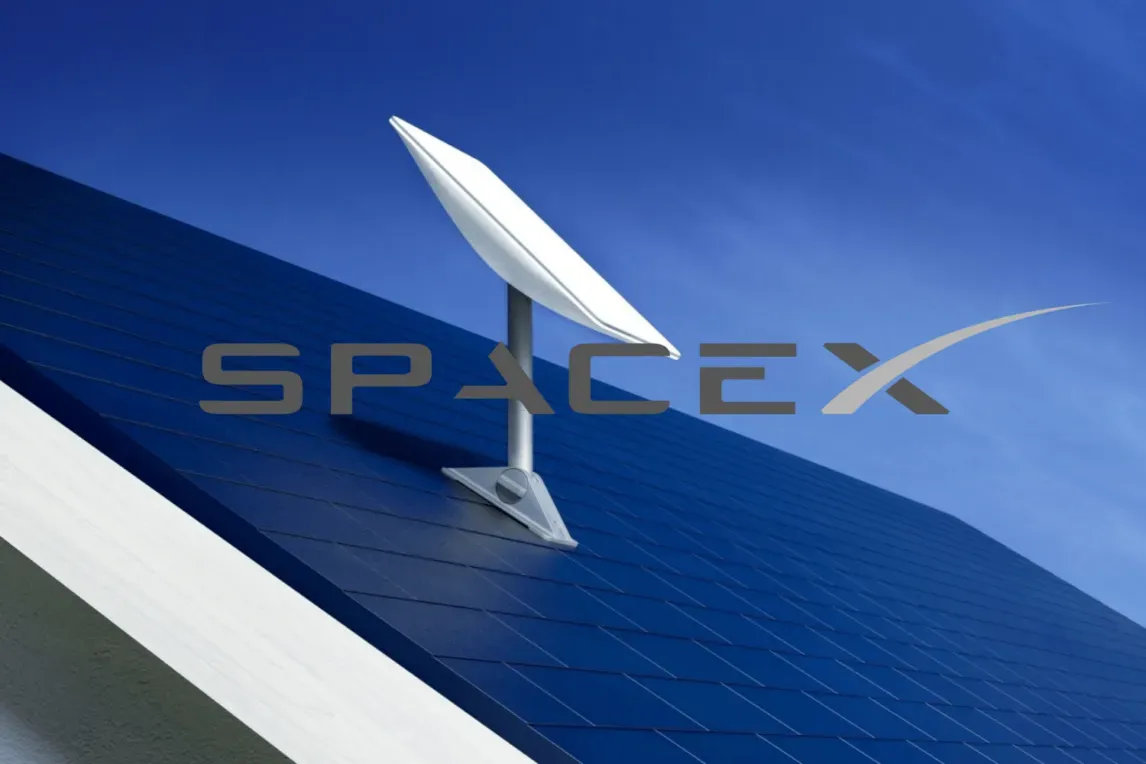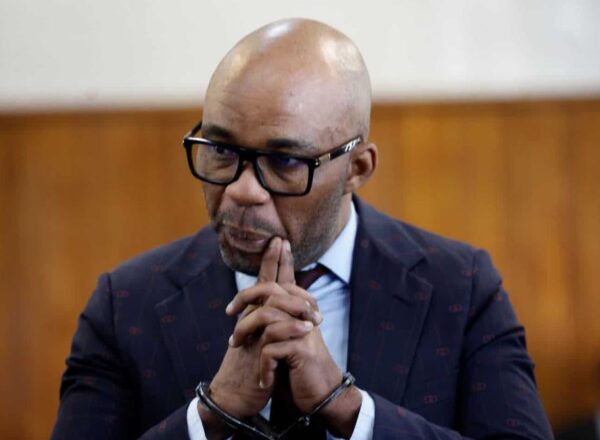
Starlink, the ambitious satellite internet project launched by Elon Musk’s SpaceX, is facing legal scrutiny in South Africa as reports surface of widespread unauthorized access to its services. Despite being unlicensed in the country, residents are reportedly bypassing regulations by purchasing Starlink kits from resellers and activating them through international roaming services. The Independent Communications Authority of South Africa (Icasa) has raised concerns over the legality of these practices, emphasizing the potential safety risks associated with unapproved hardware and the implications for regulatory compliance. As the demand for reliable internet connectivity surges, particularly in underserved regions, the situation raises critical questions about the balance between innovation and adherence to local laws.
Understanding the Legal Framework for Satellite Internet
The legality of Starlink’s operations in South Africa hinges upon the country’s Electronic Communications Act, which mandates that all entities must secure the appropriate licenses before offering broadcasting or electronic communications services. Given that Starlink is not officially licensed to operate within South Africa, the Independent Communications Authority of South Africa (Icasa) is tasked with enforcing these regulations. This regulatory framework faces challenges as South Africans reportedly acquire Starlink kits through foreign resellers and activate them using international roaming, circumventing local laws. The implications of this practice not only bring legal repercussions but also concerns regarding service reliability and security.
Moreover, the lack of permissions raises significant safety risks associated with the hardware used in the unauthorized Starlink setups. Without undergoing the official type approval process, the Starlink dish antennas may not meet crucial safety standards, thereby posing potential hazards to users and other communications systems. Icasa’s ongoing efforts to evaluate these setups underline the importance of compliance not just for legalities but for maintaining the integrity of the overall communications landscape in South Africa.
The Regulatory Response to Unauthorized Starlink Usage
Icasa’s recent moves to confront the unauthorized usage of Starlink in South Africa include issuing a General Notice under the Government Gazette, which emphasizes the necessity for compliance with local regulations among all electronic communication service providers. This initiative coincides with a disposition to engage with SpaceX to clarify the unauthorized activities related to Starlink. Icasa aims to solidify its legal groundwork, especially in the wake of debates surrounding telecom licensing that pressures companies to establish local ownership, as stated in reports after a recent White House briefing. The interplay between regulatory requirements and foreign investment demands remains a focal point of discussion for South Africa’s telecom future.
Additionally, with Minister Malatsi’s directive to explore alternative ownership models that adhere to the Black Economic Empowerment (B-BBEE) regulations, regulators are seeking ways to align international services like Starlink with national laws. The evolving regulatory environment reflects the need for a balance between fostering innovation and ensuring local compliance, which remains a contentious issue in South Africa’s telecommunications landscape.
Investigating the Impact of Starlink on the Local Internet Market
As the demand for reliable internet services surges, especially in underserved rural areas of South Africa, the unauthorized activation of Starlink kits has raised crucial questions regarding market impact and regulatory oversight. Icasa’s investigative response includes deploying teams to assess areas suspected of using unauthorized Starlink services, indicating a proactive approach to enforce compliance in a rapidly evolving digital landscape. This action underscores Icasa’s commitment to maintaining a fair competitive environment for telecommunications providers adhering to local licensing requirements.
The regulator has called for public cooperation in gathering evidence to support the investigation, reflecting an inclusive approach to tackling the challenges posed by unauthorized internet services. The results of this investigation could influence the future trajectory of Starlink’s operations in South Africa, as regulatory decisions may either open pathways for lawful service or impose strict penalties on unauthorized users, ultimately shaping the accessibility and quality of internet services across the nation.
In conclusion, the situation regarding Starlink’s operations in South Africa highlights a significant clash between regulatory enforcement and the urgent demand for reliable internet service. As unauthorized access to Starlink kits grows, with thousands already in use without proper licensing, the Independent Communications Authority of South Africa (Icasa) finds itself grappling with both legal implications and safety concerns. The lack of formal type approval for the satellite dishes poses potential risks to the radio frequency spectrum and public safety. As Icasa engages with SpaceX for clarity and intensifies investigations into unauthorized usage, it becomes evident that while the pursuit of connectivity is crucial, it must be balanced with adherence to legal frameworks to ensure the integrity of South Africa’s telecommunication landscape.







